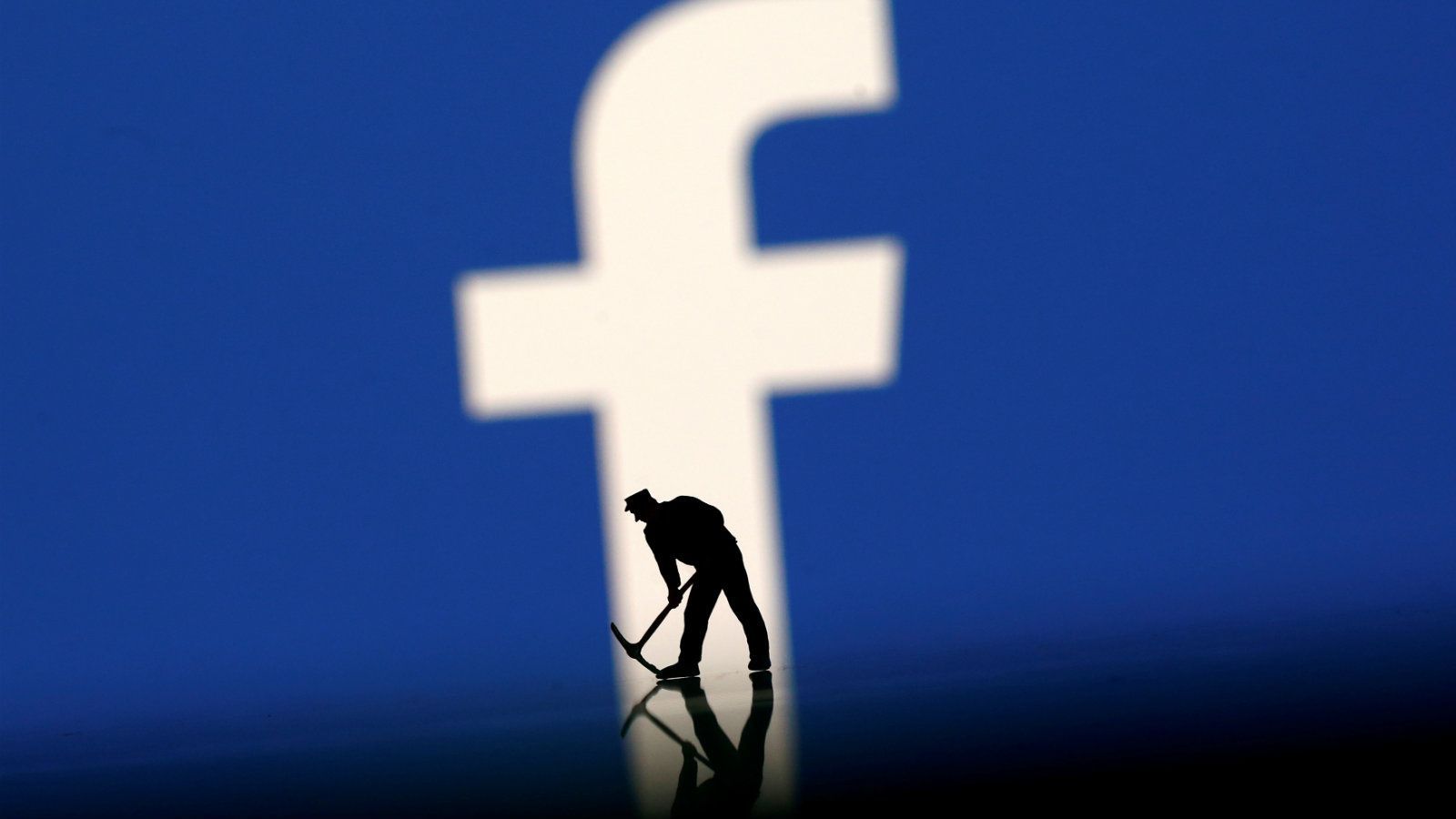Facebook might ask for your face to help it identify bots
Even as Facebook grapples with controversies around the protection of user privacy and its battle against misinformation, the California-based social network giant is quietly testing a feature that could again make users uneasy.


Even as Facebook grapples with controversies around the protection of user privacy and its battle against misinformation, the California-based social network giant is quietly testing a feature that could again make users uneasy.
Jane Manchun Wong, a Hong Kong-based reverse-engineering app researcher, shared screenshots yesterday (Nov. 5) showing that the company is testing a verification feature that asks users to position their face in a circle, and then record a video as they rotate their heads slowly, to prove they are real human beings. The video selfies will be deleted after 30 days and will not be seen by others, according to a screenshot of a disclaimer posted on the interface of the new feature uploaded by Wong.
While Facebook confirmed to tech outlets including VentureBeat that it is indeed testing such a mobile feature, it firmly denied that there was a facial-recognition element to it. “ Instead, it detects motion and whether a face is in the video,” a Facebook spokesperson told VentureBeat. Facebook did not reply to a request for comment.
The feature is only triggered when the user is suspected of being “fake,” such as a bot, according to reports. The company removed a record 2.2 billion fake accounts in the first quarter of the year.
Facebook’s cautious attitude towards facial-recognition is easy to understand, given fallout relating to its past dealings with the technology. The company faces a class-action lawsuit for its alleged misuse of face data in Illinois that could lead to $35 billion in penalties, while in July the company paid $5 billion in settlement to the US Federal Trade Commission, in part because of its alleged failure to inform tens of millions of users of a facial-recognition feature that had been enabled on default.
“The reason why I described it as ‘facial recognition’ is the feature recognizes my face as a face. I’m not referring to the tech that associates a face with an identity,” Wong explained in a tweet, following Facebook’s response.
US tech giants are under unprecedented scrutiny over their handling of user data, after numerous scandals, such as the exposure of the data of millions of Facebook users to political consultancy Cambridge Analytica. A new privacy law that will take effect from July next year in California will grant consumers the right to know exactly what personal information companies are collecting and how they are using it. Consumers can also ask companies to remove the personal information the firms have on them.